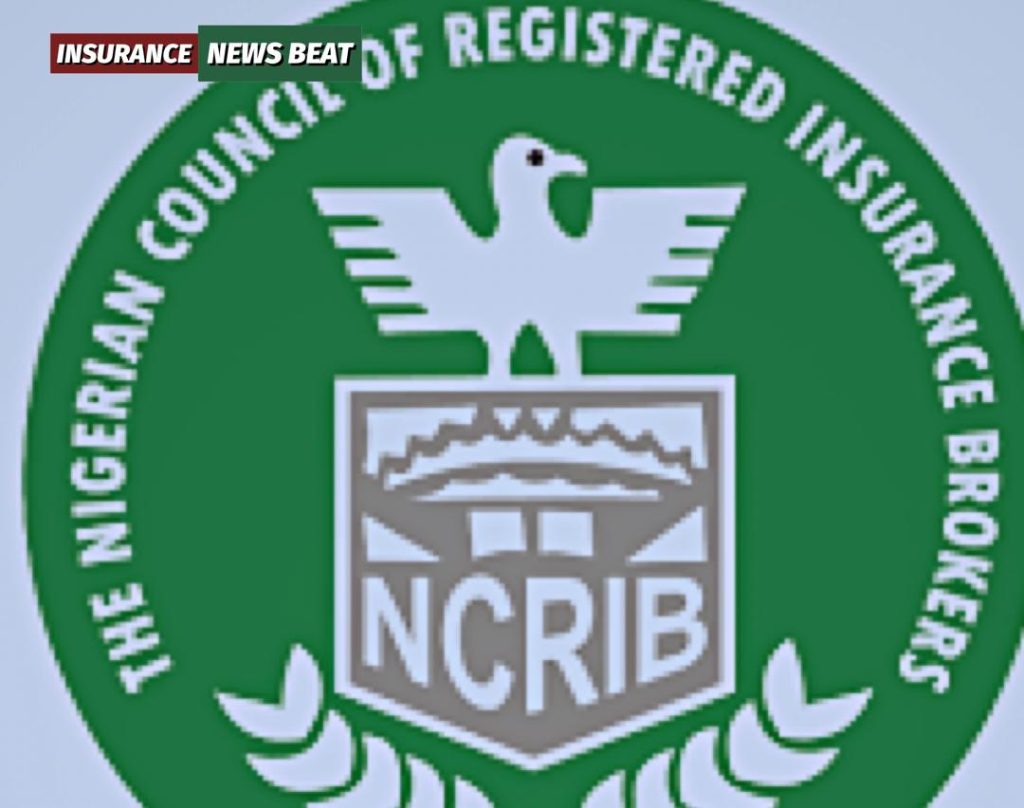Yesterday, key stakeholders in the Nigerian insurance industry convened at the National Assembly Complex in Abuja for a crucial closed-door meeting. The meeting centered around the prickly Insurance (Consolidated Bill) 2024, a legislative piece formerly known as the Insurance (Consolidated) Bill 2020.
The original bill, passed by the 9th Assembly, faced a significant setback when it failed to receive presidential assent. This refusal prompted the bill’s recommitment to the House of Representatives for further deliberation and action.
While the exact meeting’s agenda remained under wraps, it is widely believed that it considered the issues that precipitated the president’s refusal to sign the 2020 bill. By addressing these issues, stakeholders will formulate a strategic action plan to ensure the successful passage and presidential assent of the 2024 bill.
The Insurance Consolidated Bill 2024 is seen by observers as a critical piece of legislation for the survival and growth of Nigeria’s insurance sector. Industry experts argued that its provisions were essential for modernizing regulatory frameworks, enhancing consumer protection, and fostering a more robust and competitive insurance market.
Among the significant stakeholders expected at the meeting were the National Insurance Commission (NAICOM), the Nigerian Insurers Association (NIA), and the Nigerian Council of Registered Insurance Brokers (NCRIB). Their collective goal is to forge a unified path forward that aligns with both legislative requirements and the strategic interests of the insurance industry.
The stakes are high, as the successful passage of the Insurance Consolidated Bill 2024 would not only stabilize the current market but also attract new investments, improve service delivery, and boost overall confidence in the sector. Stakeholders are acutely aware that, without these legislative changes, the industry risks stagnation and could fall behind in an increasingly competitive global market.
The outcome of the meeting could very well shape the future of the insurance industry in Nigeria, making it a pivotal moment for all involved.
Stay tuned for further updates as we continue to monitor the developments surrounding this critical legislative process.




